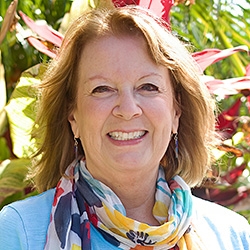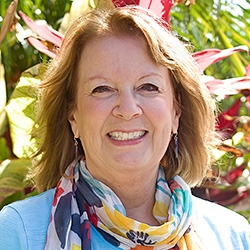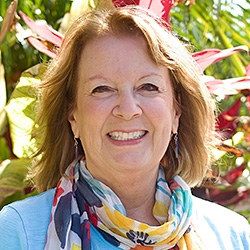

NVC Resources on Trust
-
A theory of judgment is that it is how we make sense of life and quickly assess what is safe or not safe. However, this has somehow been translated into right/wrong thinking. In this video, Aya explores different kinds of judgments and examples of each.
-
Mary Mackenzie shares how making requests in NVC builds honesty, trust, and deeper connection.
-

What are the most powerful things I can do to build an inspired relationship? I answered the question with romantic relationships in mind; however, I believe the answer below applies to all important relationships.
-
Trainer Tip: The Nonviolent Communication process strengthens our ability to remain human, even under trying conditions. It provides tools to promote peaceful living on a daily basis. Be aware today of the times that your behaviors or attitudes promote distrust and self-protection, rather than compassion and humanity.
-
Why is it so difficult to change our patterns even when we want to, even when we experience shame or despair about them? Arnina Kashtan offers some of the common pitfalls and concrete steps to overcome them in the future.
-
Kelly Bryson, veteran and loved CNVC Certified Trainer, brings decades of experience to help you jumpstart your Mastery of Fear by using his unusual blend of experiential exercises, humor, empathy, original songs and stories, transformational truth telling, creativity and FRED (Frequency Resonation Energy Dynamics).
-
Eric offers some tips for nurturing and affirming ourselves as a daily practice.
-
Trainer tip: Do you have behavioral patterns that block intimacy? When we are feeling our most vulnerable, we often want intimacy but also tend to keep it at bay. Acknowledge your need for intimacy, and find people you can trust to love you as you are.
-
Even in the face of societal upheavals we can look for what's in our power to change. For example, we can participate in systemic change, and heal whatever we need to heal that which keeps us from living our values more readily. We can take the time to be present to those in pain, and to show up fully in our lives even when we feel stress. We can take strides to make a difference towards creating the world we want to live in.
-
During this very moving session, you'll dive into Robert's exercises for supporting connection to your true self as opposed to your conditioned self.

Quick Links
Subscription Preferences
Stay In Touch!
Looking for ways to keep up with NVC Academy news, get special offers, free resources, or words of inspiration? Here are five ways to stay engaged:









